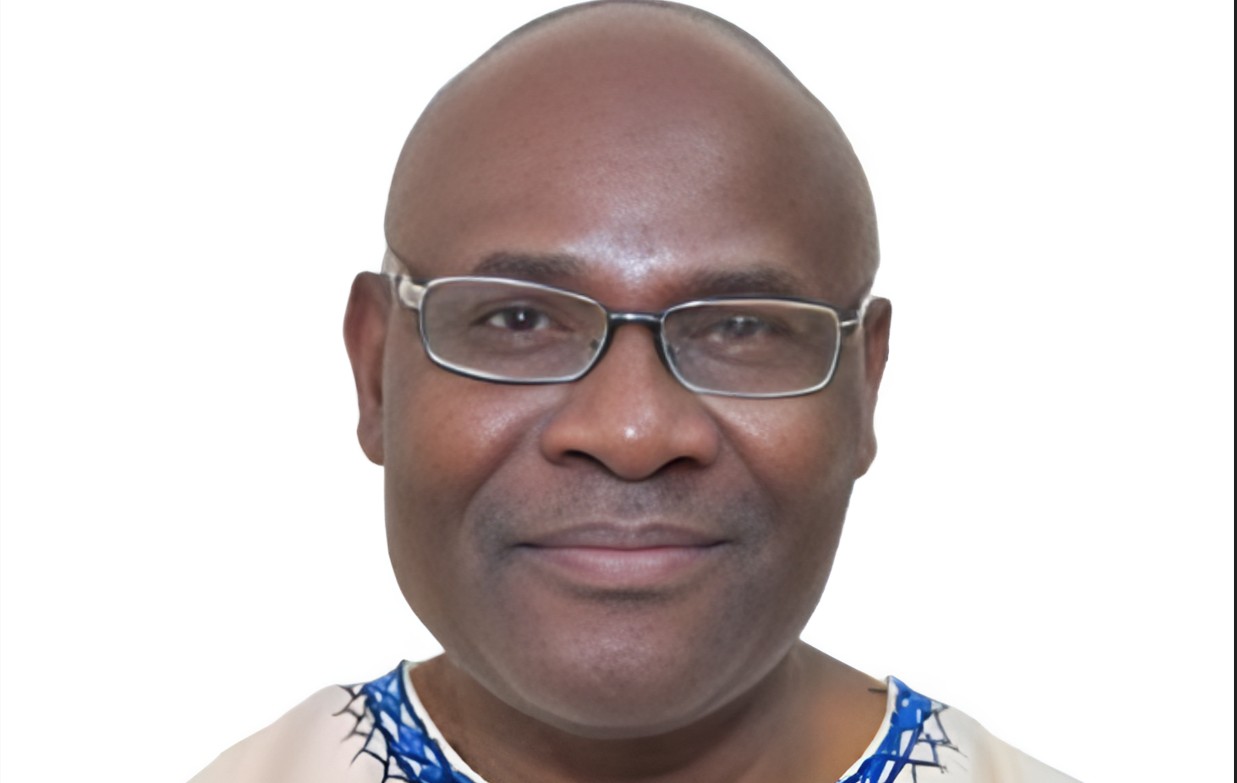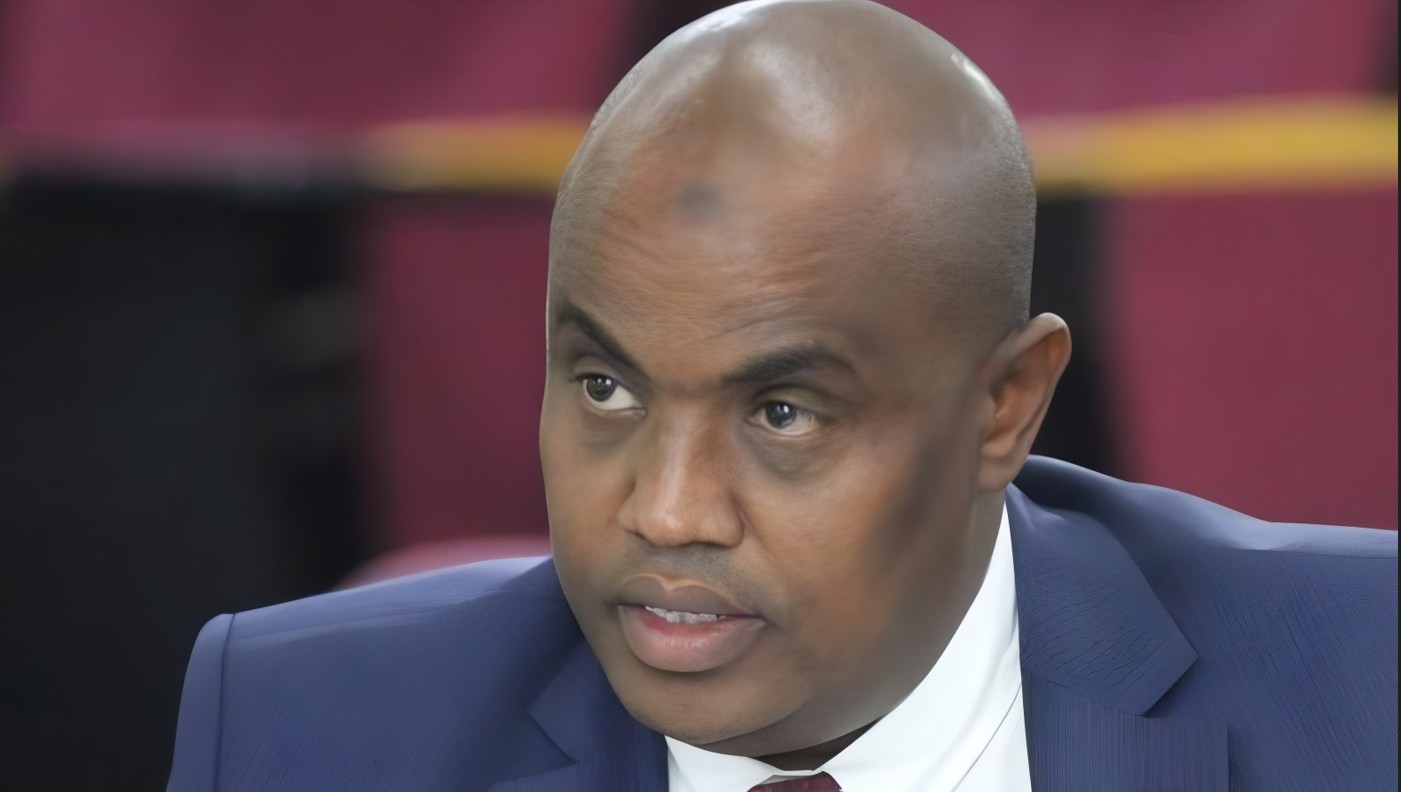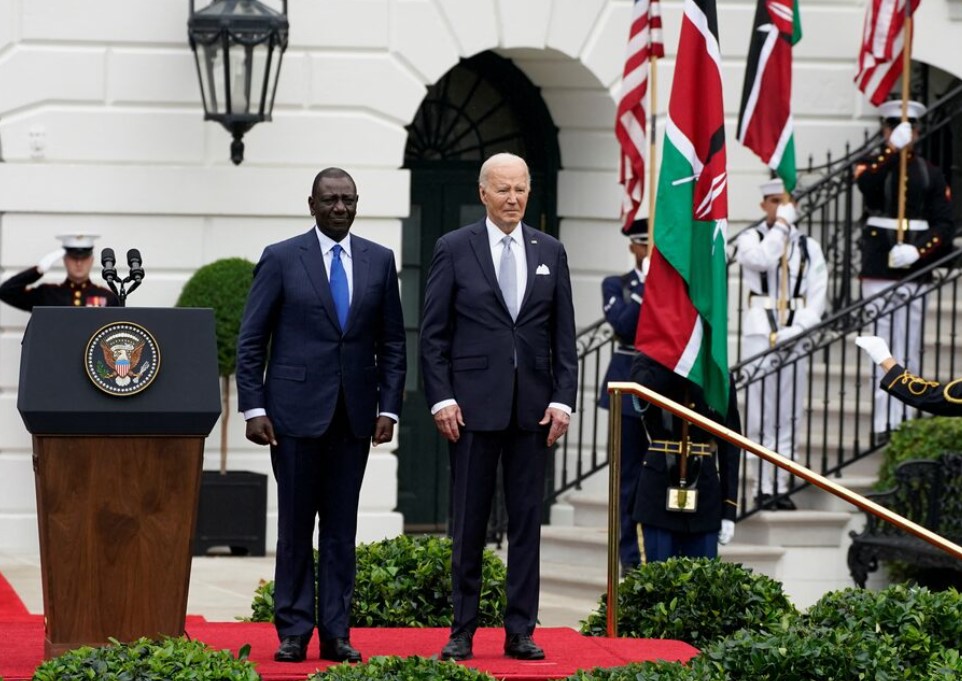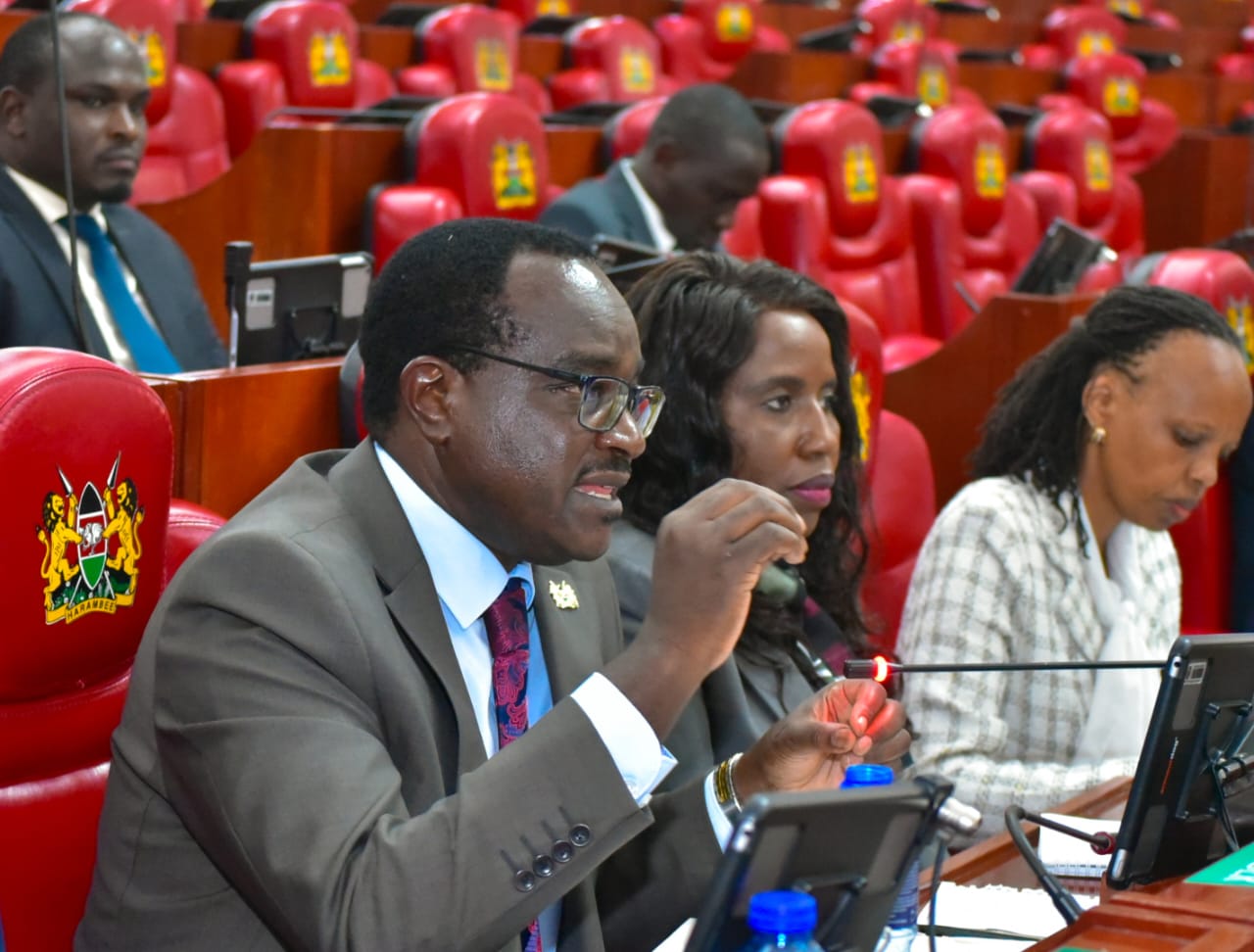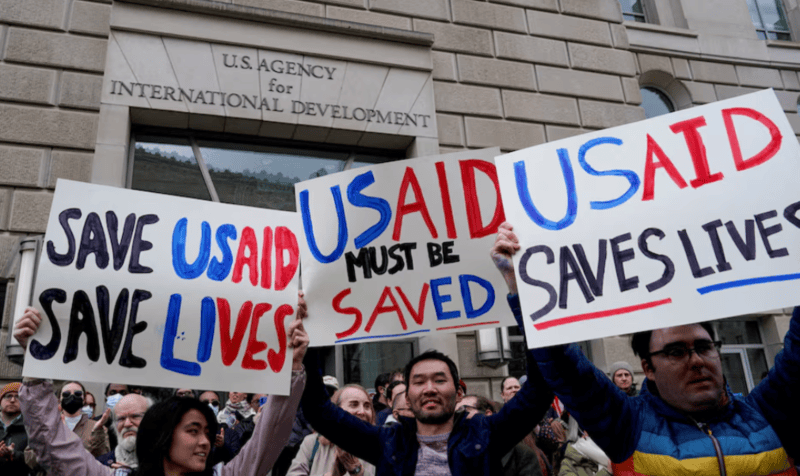Healthcare costs rise by 3.3 per cent, putting pressure on household budgets

These rising expenses are pushing many low and middle-income families into tough situations, often forcing them to make difficult decisions about their health.
The cost of healthcare in Kenya has increased by 3.3 per cent in the past year, making medical services even harder to afford for many families.
According to the latest data from the Kenya National Bureau of Statistics (KNBS), healthcare expenses grew by 0.4 per cent between December 2024 and January 2025, continuing a worrying trend of rising prices across the sector.
More To Read
- New report warns 19 counties without proper disease testing facilities
- Ruto orders action against public hospitals charging outpatient fees
- Health Ministry unveils H. pylori treatment guidelines, formal adoption underway
- Duale orders crackdown on thousands of ghost workers in UHC programme
- Private hospitals protest delayed SHA claims, say most facilities in distress
- MPs demand urgent talks between SHA and healthcare providers over transition bottlenecks
This increase in healthcare costs is reflected in the Consumer Price Index (CPI), which tracks changes in the cost of goods and services, underscoring how medical costs are growing much faster than the prices of other essential items.
From doctor visits and hospital treatments to the cost of medications and insurance premiums, these rising expenses are pushing many low and middle-income families into tough situations, often forcing them to make difficult decisions about their health.
"A 3.3 per cent increase in healthcare costs over a year may not seem particularly large compared to other potential price increases, but it is still significant when considering household budgets. For many households, especially those on low to middle incomes, healthcare is already a significant expense. Even a modest increase in medical costs can have a noticeable impact on their financial situation," said one medical doctor.
Additional burden
"This increase, compounded over time, could place an additional burden on households struggling to afford necessary healthcare, especially if wages are not rising at the same rate and if this increase comes in the context of already high medical expenditure," he further explained.
Healthcare costs cover a wide range of expenses, from doctor visits and diagnostic tests to hospital stays, surgeries, prescription drugs, and medical supplies.
The rising prices of insurance premiums and emergency services are also contributing to the financial strain.
Health insurance premiums, which are essential for covering medical expenses, often rise with the level of coverage and the individual's medical history, adding more pressure on families.
Further complicating the situation is the ongoing transition from the National Health Insurance Fund (NHIF) to the Social Health Authority (SHA).
The delays and concerns about funding and implementation have raised fears about the affordability and accessibility of healthcare services for ordinary Kenyans.
Despite the government's push for Universal Health Coverage (UHC), which aims to provide affordable healthcare for all, many remain uncertain about the future.
"The ministry urges all Kenyans to register for SHA to ensure access to quality healthcare services without financial hardship," said Health Cabinet Secretary Deborah Barasa.
Top Stories Today

